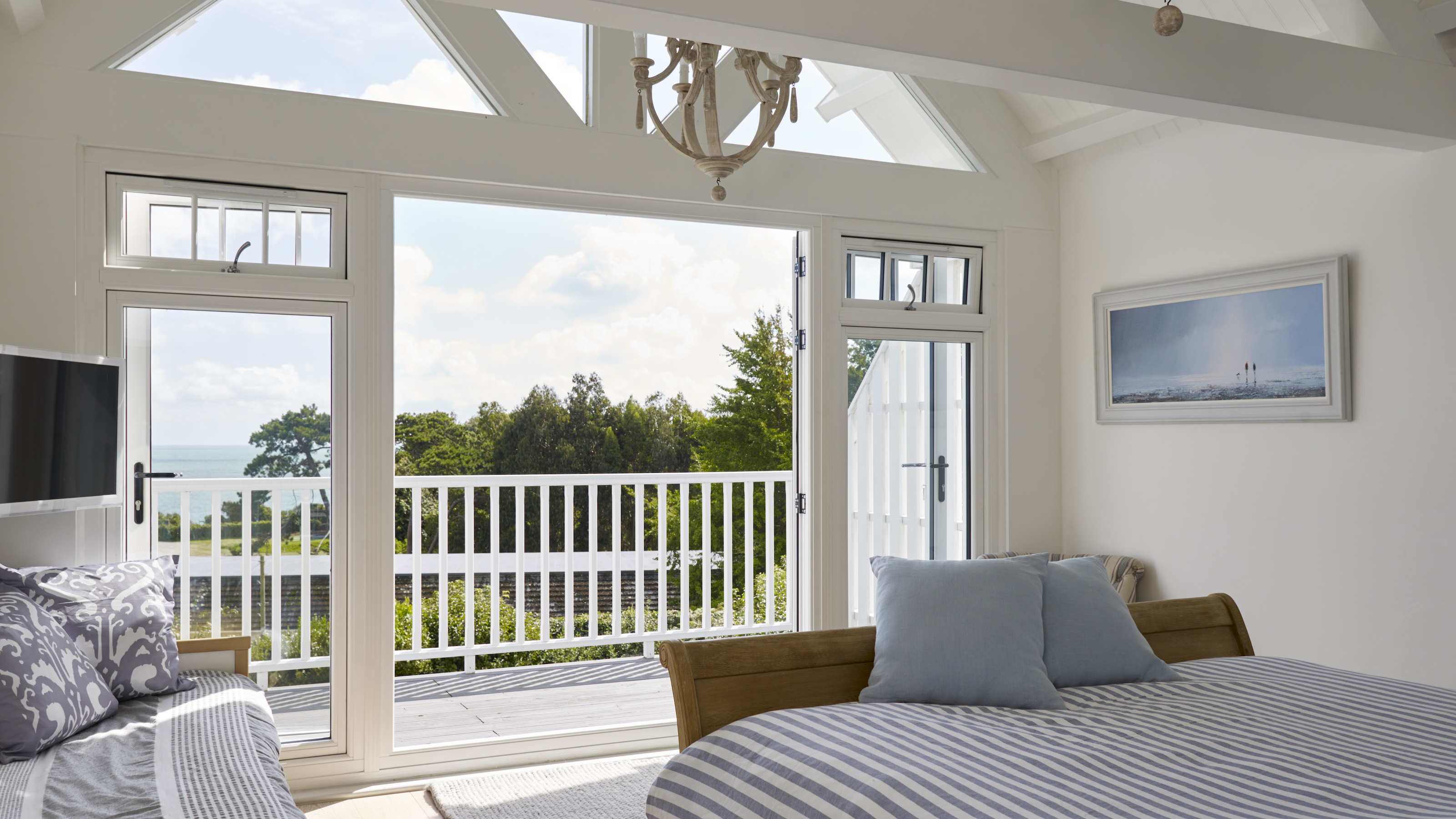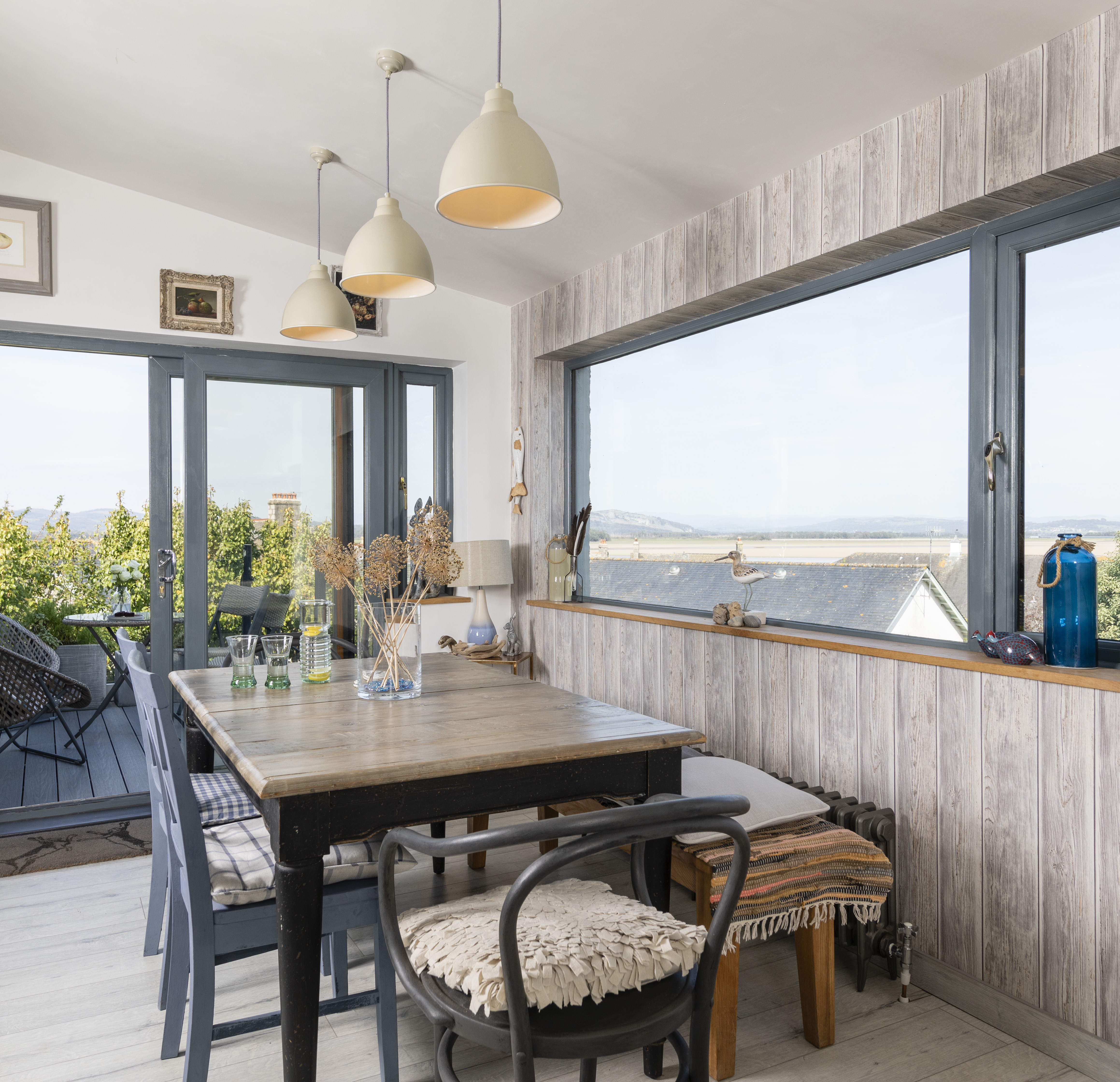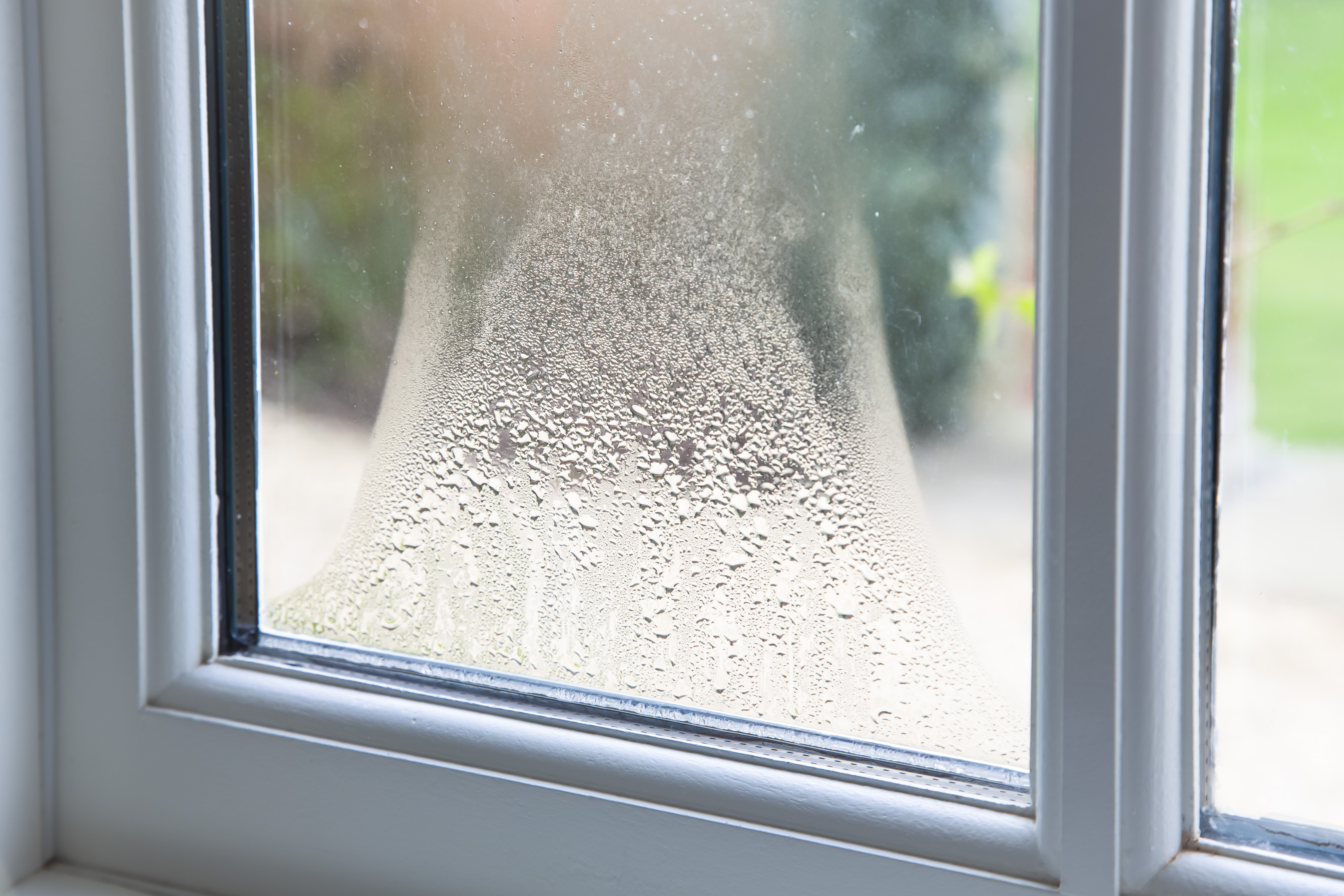How long do uPVC windows last? Plus, how to ensure they last longer
Asking 'how long do uPVC windows last?' is a question posed by many homeowners — discover their lifespan and how to spot windows that need replacing

How long do uPVC windows last? This is a key question for many homeowners who have had the same glazing for years, or for those who are looking to install new windows and want a good return on investment.
Window styles and materials are an important part of our home's identity so updating or refreshing is a natural part of homeownership and maintenance.
Replacing windows can be a costly business, so find out when is the right time, how long your new windows should last and more with our quick guide below, including advice from industry experts on costs and how to prolong the lifespan of uPVC windows.
How long do uPVC windows last?
"Generally, you should expect a window to last a minimum of 20 years, but with maintenance and varying factors, some windows can have a much longer life than expected," explains Anthony Threlfall, head of marketing at Everest.
"The three main factors that will impact the lifespan of your window is quality, material and the environment. Cheap uPVC will warp and discolour long before a higher quality frame would, and if frames aren’t properly installed they can be liable to water ingress, damp and mould.
"Developments in materials mean uPVC is now far more superior to products developed before 2000; aluminium has better thermal properties and stronger frames, and timber has be maintained on a regular basis every few years but could last 50 years+ if looked after well.
"The final factor is environment, weather plays a large part as to what elements a window is subjected to, coastal properties whose windows are subjected regularly to salt water spray could expect to replace their windows sooner than a property that is relatively sheltered."
How do I know when my uPVC windows need replacing?
Tell-tale signs of windows in need of replacement include discolouration, warping frames and condensation or moisture inside the double glazing void (between the two panes).
If you stand by your window and feel cold, this is also a simple test that your home is in need of more efficient windows.
"Most companies will install a window with a 10-year guarantee," says Anthony Threlfall, so if newly-installed windows are showing any of these issues, be sure to get back in touch with your supplier.

Is it worth replacing old uPVC windows?
Replacing uPVC windows is worth the expense and effort if your current glazing is inefficient, broken or starting to fog.
Newer glazing generally results in a warmer home; this is a result of increased efficiency in the manufacture and design of uPVC windows. Better seals, fittings and chambers all help to keep heat inside the home, rather than letting is escape to the outside — all things that will help reduce your heating bill month-on-month.
Modern window designs are generally more aesthetically pleasing than older models. Many period-homeowners dismiss uPVC as being out of keeping with traditional homes, but actually recent efforts to create slimmer sightlines/frames and alternative colours means it's a more viable choice.
Installing new windows will also boost home security and overall home value.

How much does it cost to replace uPVC windows?
To replace a single uPVC casement window, expect a price of around £580-£1,310. While you don't need to replace all windows at the same time, to retain a consistent style it is probably best. This is especially true if you're considering replacing uPVC with timber or aluminium windows.
New window costs can also increase depending on the type of glazing. The cost above is for double glazing, but for triple glazed windows, the price could increase by 30% or so.
Do uPVC windows need maintenance to last longer?
"Yes, all windows require regular cleaning and maintenance to prolong their lifespan," advises Everest's Anthony Threlfall. "uPVC windows are the lowest maintenance of all and require minimal effort to maintain," he claims, "just a regular clean of dust and dirt from the frames and glazing and occasional lubrication of locks and hinges where required. Everest have a full window care guide available to advise homeowners."
"As well as being known for its energy efficiency, soundproofing capabilities and security features, uPVC windows are very low maintenance," adds Rachel Munby from Anglian Home Improvements.
"uPVC window frames and sills are particularly durable as they will never rot or rust like wood or aluminium. However, dust and dirt will inevitably build up over time, which means you need to regularly wipe them down.
"It’s also important that you stick to non-abrasive materials and products when cleaning uPVC windowpanes, frames, and sills. You’ll be able to move a lot of the dirt with a sponge or soft cloth and warm soapy water, but if you are able to use specific uPVC cleaning products, they will shift stubborn layers of grime."
Get the Homebuilding & Renovating Newsletter
Bring your dream home to life with expert advice, how to guides and design inspiration. Sign up for our newsletter and get two free tickets to a Homebuilding & Renovating Show near you.
Amy is an interiors and renovation journalist. She is the former Assistant Editor of Homebuilding & Renovating, where she worked between 2018 and 2023. She has also been an editor for Independent Advisor, where she looked after homes content, including topics such as solar panels.
She has an interest in sustainable building methods and always has her eye on the latest design ideas. Amy has also interviewed countless self builders, renovators and extenders about their experiences.
She has renovated a mid-century home, together with her partner, on a DIY basis, undertaking tasks from fitting a kitchen to laying flooring. She is currently embarking on an energy-efficient overhaul of a 1800s cottage in Somerset.

